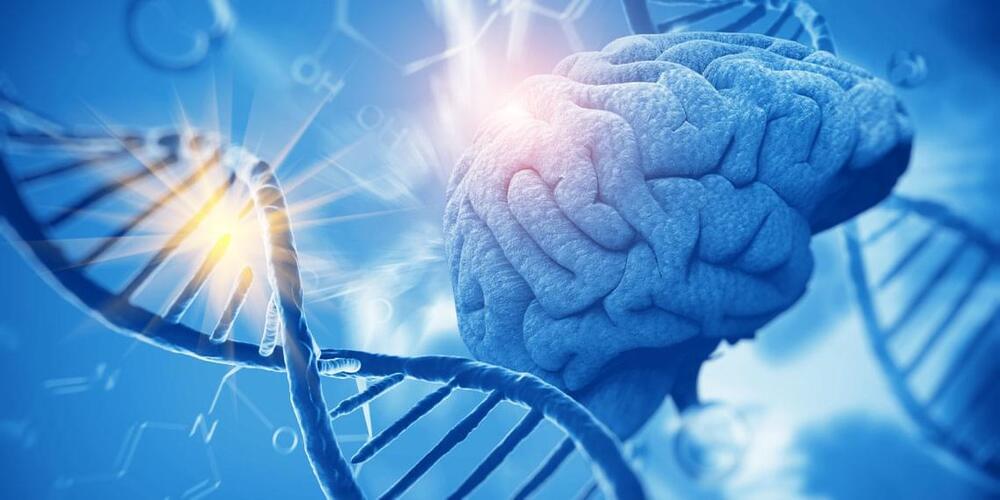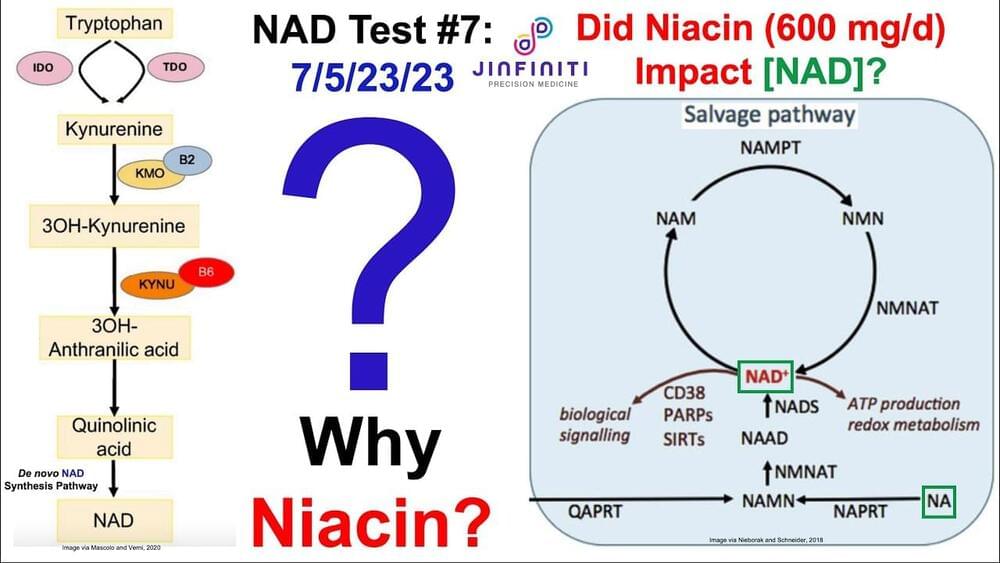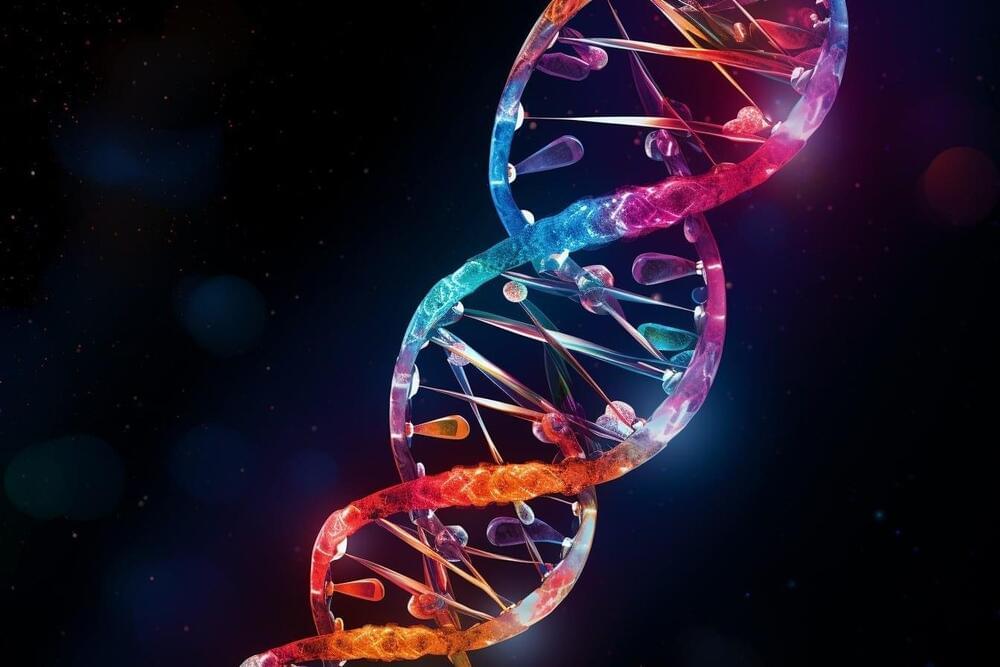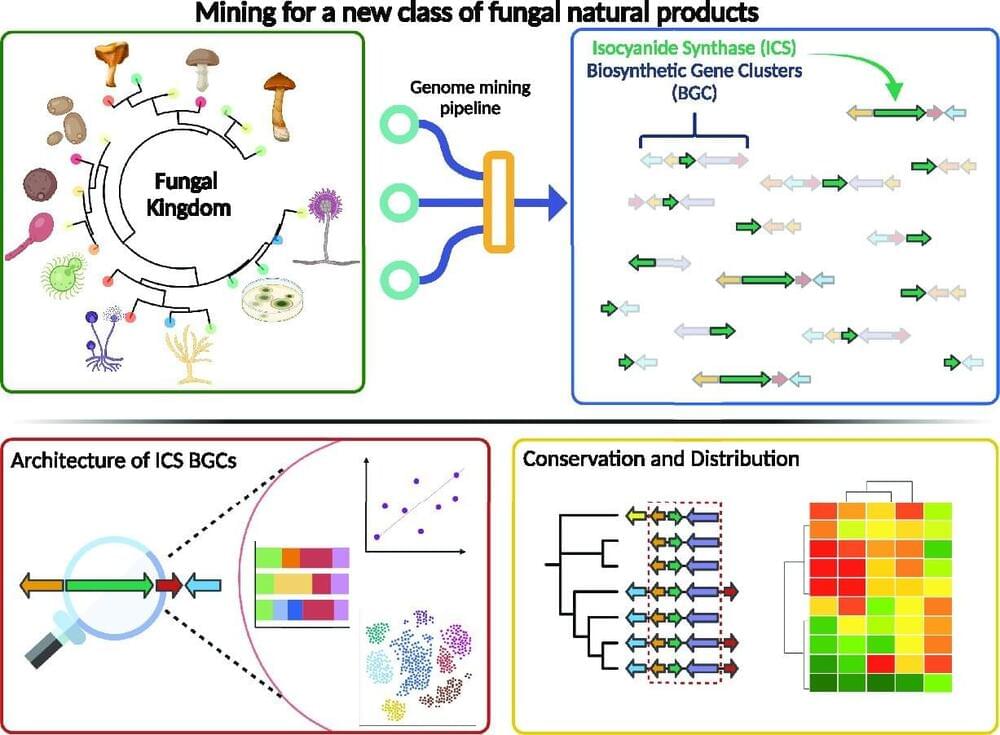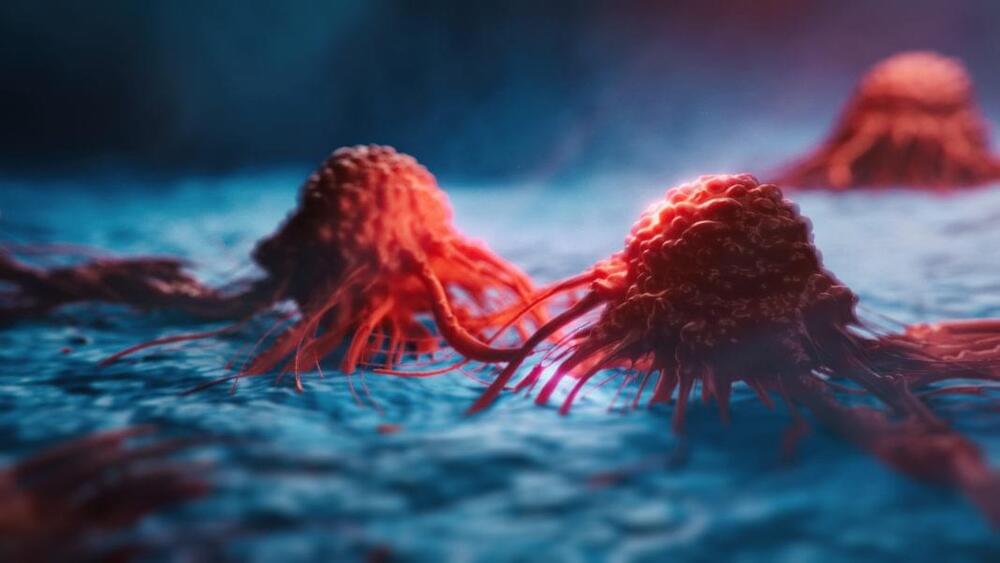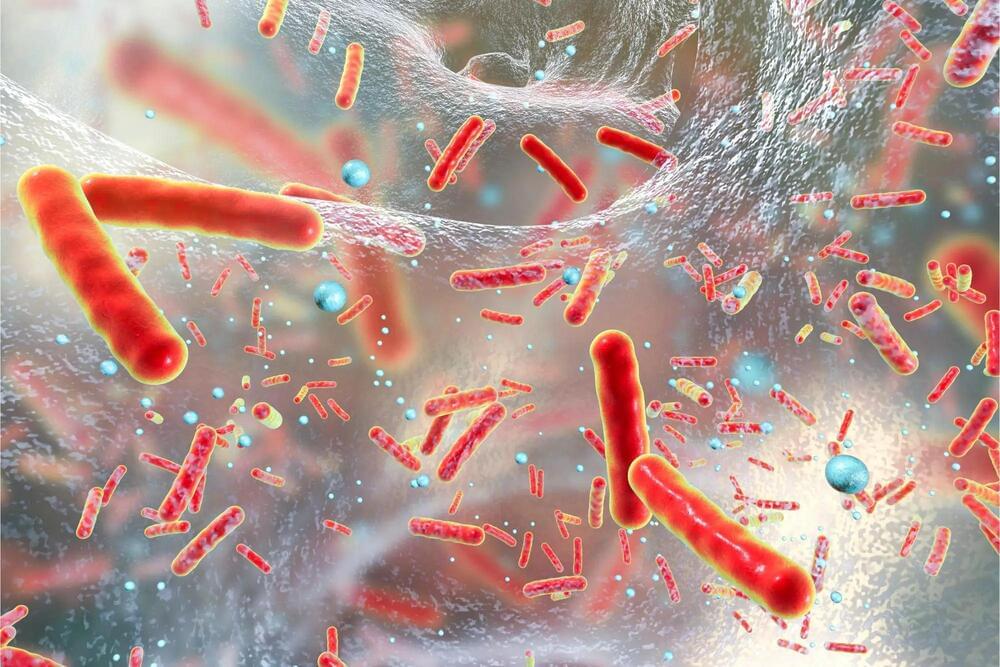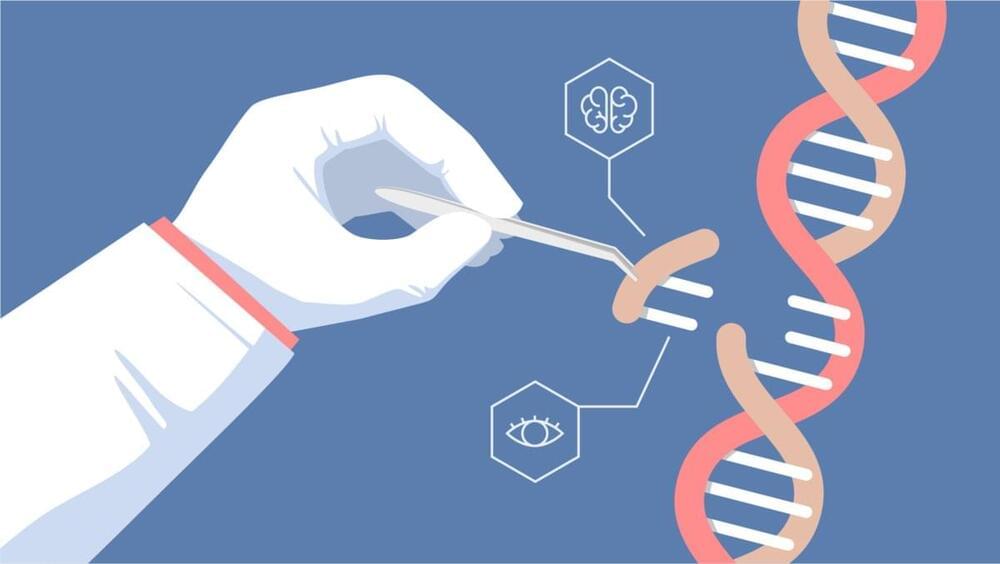Jul 23, 2023
Social genetic effects: Study suggests your romantic partner’s DNA can influence your own health behaviors
Posted by Genevieve Klien in categories: biotech/medical, genetics, health
New research provides evidence that an individual’s health behaviors and outcomes are influenced by the genetic makeup of their romantic partner. The findings, published in Behavior Genetics, indicate that your partner’s genetic tendencies can lead to changes in your own weight, smoking habits, or alcohol consumption over time.
The researchers conducted this study to investigate how a person’s partner can affect their health. They aimed to explore the concept of social genetic effects, which refers to the impact of genetic factors in one person’s environment, such as their partner’s genotype, on their own phenotype (observable characteristics or traits).
“I was mainly interested in exploring the combination of social science and genetics,” explained study author Kasper Otten of Utrecht University. “It is evident that behavior is partly genetically influenced, but much of the social sciences does not deal with this biological fact.
